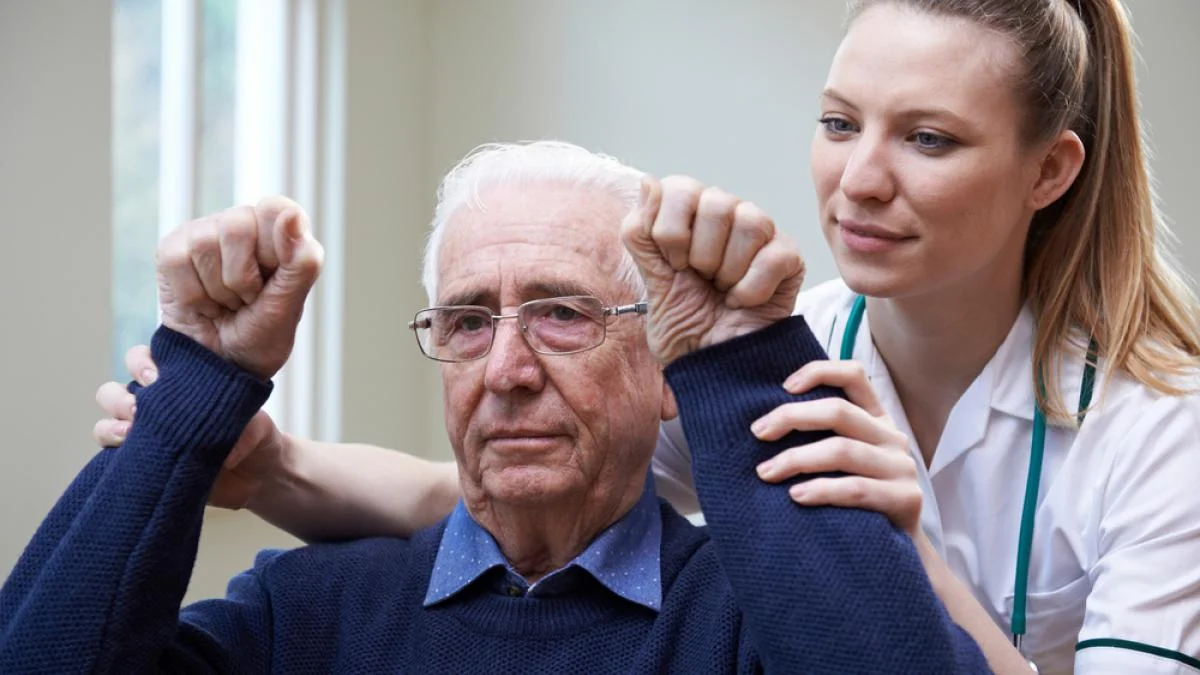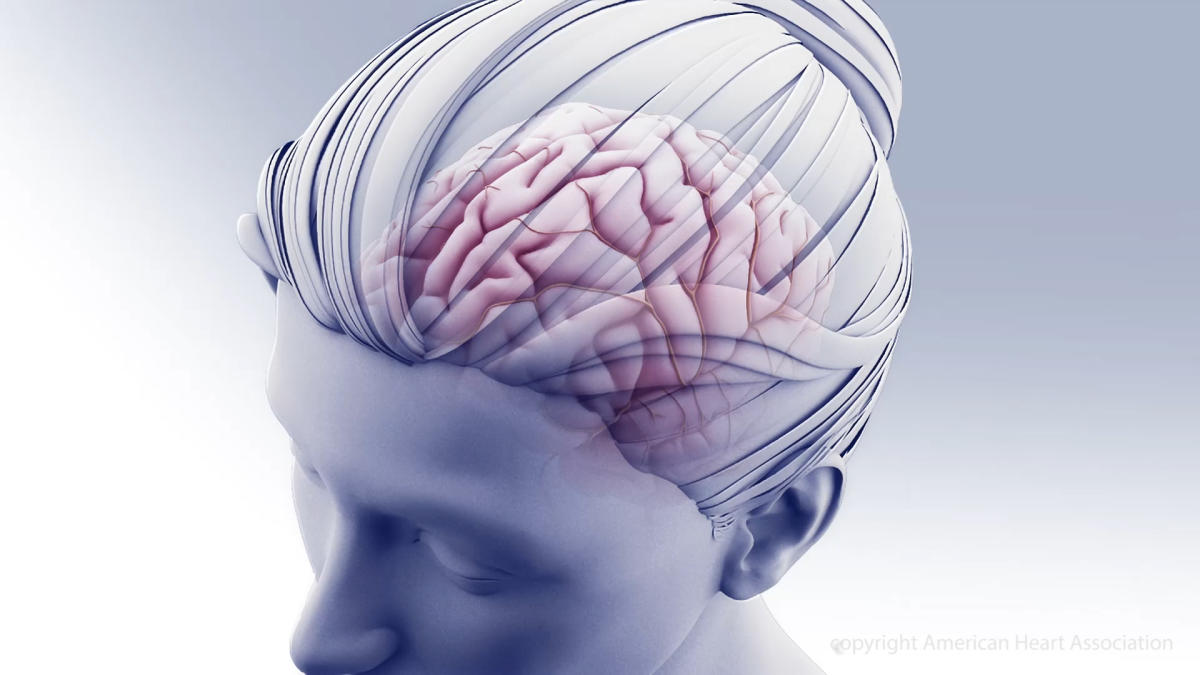Screening for cognitive impairment should be integrated into the multidisciplinary care for stroke survivors, according to a new scientific statement by the American Heart Association (AHA).
“Cognitive impairment after stroke is very common, is associated with other post-stroke outcomes, and often has significant impact on the quality of life,” said Nada El Husseini, MD, MHSc, chair of the scientific statement writing group.
“It is important to screen stroke survivors for cognitive impairment as well as for associated comorbidities such as mood and sleep disorders,” added El Husseini, an associate professor of neurology at Duke University Medical Center in Durham, North Carolina.
The scientific statement, published online May 1 in Stroke, is the first to specifically address cognitive impairment resulting from an overt stroke (ischemic or hemorrhagic).
The writing group conducted a “scoping” review of the literature on the prevalence, diagnosis, and management of post-stroke cognitive impairment (PSCI) to provide a framework for “actionable considerations” for clinical practice, as well as to highlight gaps requiring additional studies, explained El Husseini.
PSCI, ranging from mild to severe, affects up to 60% of stroke survivors in the first year after stroke; however, it is often underreported and underdiagnosed, the writing group notes.
Up to 20% of stroke survivors who experience mild cognitive impairment fully recover cognitive function, with cognitive recovery most likely within the first 6 months after a stroke.
However, improvement in cognitive impairment without a return to pre-stroke levels is more common than complete recovery. As many as 1 in 3 stroke survivors may develop dementia within 5 years of a stroke.
The writing group also notes that PSCI is often linked with other conditions, including physical disability, sleep disorders, behavioral and personality changes, depression, and other neuropsychological changes — each contributing to a lower quality of life.

Currently, there is no “gold standard” for cognitive screening following stroke, but several brief cognitive screening tests, including the Mini Mental State Examination and the Montreal Cognitive Assessment, are widely used to identify cognitive impairment after stroke.
The statement emphasizes the importance of assessing cognitive changes over time after a stroke. Stroke survivors experiencing unexplained difficulties with cognitive-related activities of daily living, following care instructions, or providing a reliable health history may be candidates for additional cognitive screening.
“Anticipatory guidance regarding home and driving safety and, return to work (if applicable) along with interdisciplinary collaboration among different medical and ancillary specialists in the diagnosis and management of cognitive impairment is key for the holistic care of stroke survivors,” El Husseini told.
The multidisciplinary post-stroke healthcare team could include neurologists, occupational therapists, speech therapists, nurses, neuropsychologists, gerontologists, and primary care providers.
“Because recurrent stroke is strongly associated with the development of cognitive impairment and dementia, prevention of recurrent strokes should be sought to decrease that risk,” El Husseini said.
This includes addressing stroke risk factors such as high blood pressure, high cholesterol, type 2 diabetes, and atrial fibrillation.
Looking ahead, the writing group stresses the need for research to understand how cognitive impairment develops after stroke and the impact of non-brain factors, including infection, frailty, and social factors.
Further research is also needed to determine best practices for cognitive screening after stroke, including the development and use of screening instruments that consider demographic, cultural, and linguistic factors in determining “normal” function.
“Perhaps the most pressing need, however, is the development of effective and culturally relevant treatments for post-stroke cognitive impairment,” El Husseini said in a news release.
“We hope to see big enough clinical trials that assess various techniques, medications, and lifestyle changes in diverse groups of patients that may help improve cognitive function,” she added.
This scientific statement was prepared by the volunteer writing group on behalf of the AHA Stroke Council, the Council on Cardiovascular Radiology and Intervention, the Council on Hypertension, and the Council on Lifestyle and Cardiometabolic Health.
